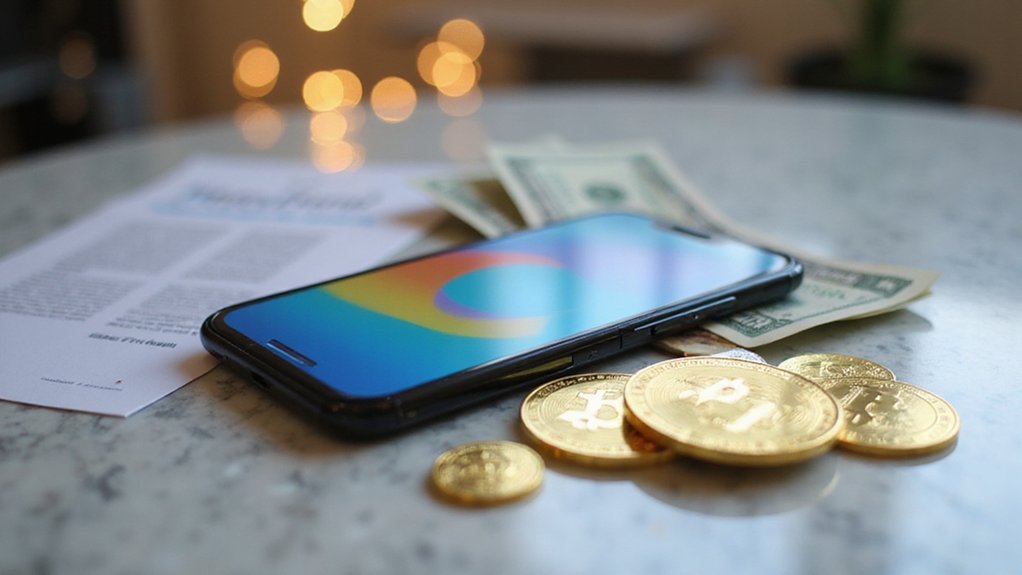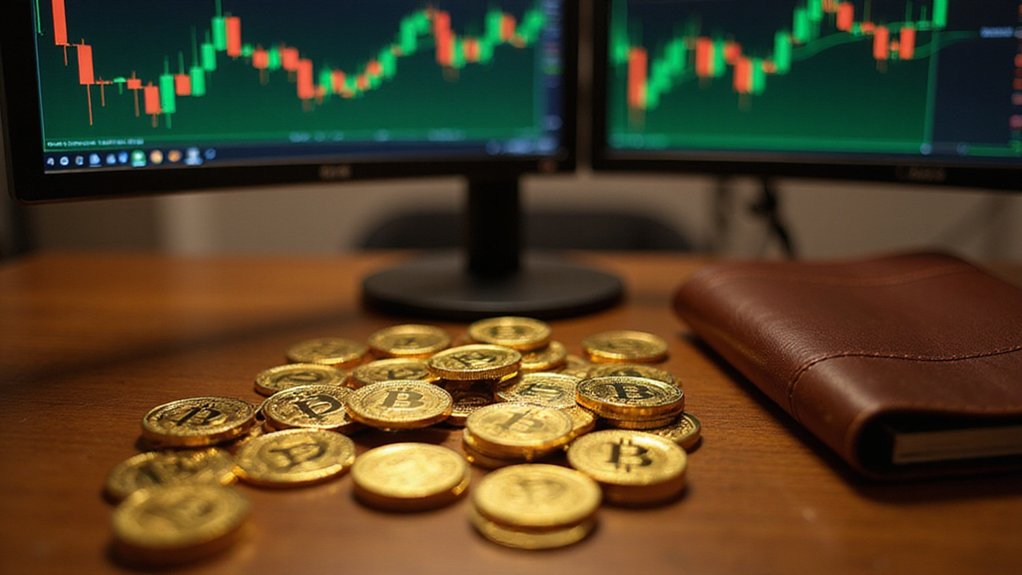In a move that would have seemed fantastical just a decade ago—when Bitcoin was still the province of cryptographic enthusiasts and libertarian dreamers—Paris Saint-Germain has quietly positioned itself as the first major global sports club to officially integrate Bitcoin into its balance sheet.
The announcement, delivered by Pär Helgosson of PSG Labs at Bitcoin 2025 in Las Vegas, represents something far more substantial than the typical crypto-sponsorship theater that has plagued professional sports.
While competitors were busy slapping blockchain logos on jerseys and hawking fan tokens of dubious utility, PSG was methodically converting portions of its fiat reserves into Bitcoin as early as 2023.
While others chased marketing gimmicks, PSG quietly accumulated Bitcoin—substance over spectacle in professional sports’ digital transformation.
This wasn’t marketing ephemera designed to capture fleeting headlines—it was treasury management with a two-year head start on what now appears inevitable.
The strategic calculus becomes clearer when examining PSG’s demographic mathematics: a global fanbase exceeding 550 million, with over 80% under age 34.
These aren’t your grandfather’s football supporters clutching paper tickets and counting coins; they’re digital natives who view cryptocurrency adoption as table stakes rather than revolutionary gesture.
PSG Labs, launched in 2023, functions as more than typical corporate innovation theater.
The platform actively incubates Bitcoin startups, providing launch support, listing facilitation, and fundraising infrastructure—positioning the club as ecosystem participant rather than mere spectator.
This represents a fundamental departure from the sponsor-beneficiary dynamic that typically characterizes sports-crypto relationships.
The broader context reveals football’s dominance in digital asset partnerships, commanding 43% of crypto sponsorships across all sports with 64% year-on-year growth.
Nearly half occur within Europe’s top five leagues, where PSG’s Ligue 1 participation places it squarely within crypto promotion’s epicenter.
Yet PSG’s approach transcends promotional partnerships entirely.
By treating Bitcoin as core financial asset rather than marketing accessory, the club establishes new precedent for sports organization treasury management.
The decision signals institutional confidence in digital assets while potentially influencing competitor adoption across global sports markets.
PSG’s strategy echoes the success of corporate pioneers like MicroStrategy, which has accumulated over 550,000 BTC through methodical purchases and generated approximately $15 billion in mark-to-market profits by early 2025.
Whether this proves prescient financial stewardship or elaborate speculation remains to be determined, but PSG has undeniably positioned itself at the intersection of sport, digital finance, and blockchain innovation—a convergence that increasingly appears less revolutionary than inevitable.









